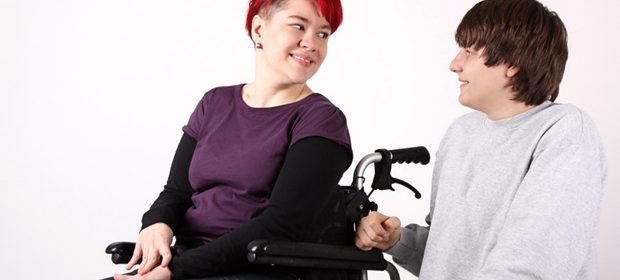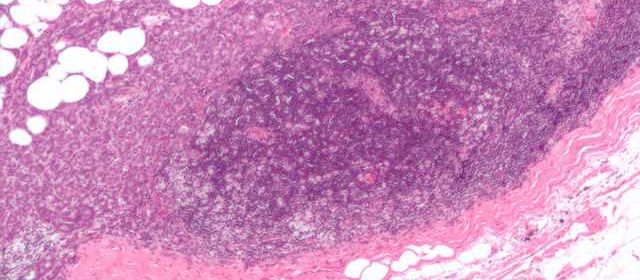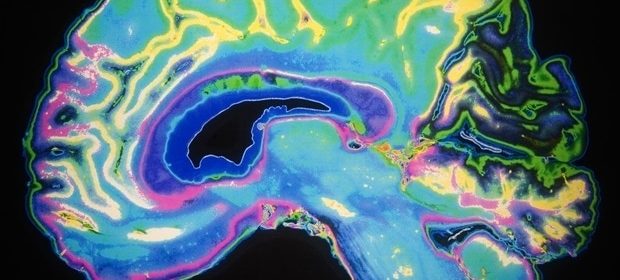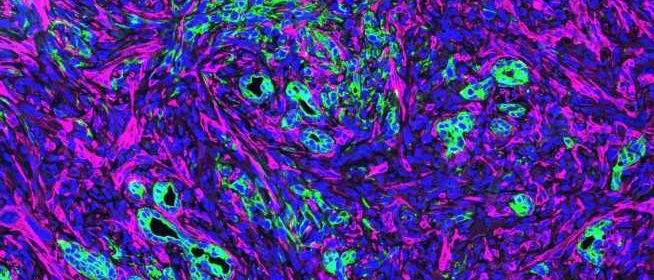EU funds the international "BEHIND-MS" consortium to tackle multiple sclerosis

Reviewed Multiple sclerosis (MS), an inflammatory disease of the central nervous system, affects more than 1 million people in Europe and an estimated 2.8 million worldwide. MS is characterized by an inflammation-related loss and damage of the myelin layer in the brain and spinal cord, which insulates the nerves – potentially leading to serious consequences such as paralysis or severe […]
Continue reading »







